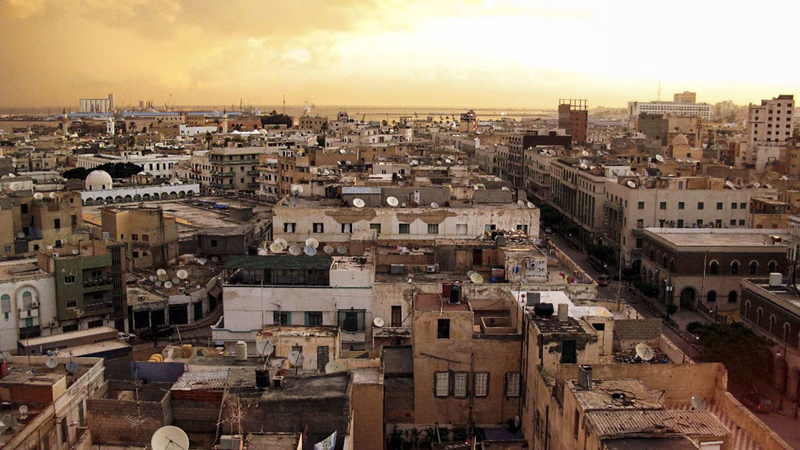
Libya has rich oil and natural gas resources. Libya`s oil is the main source of income from foreign exports of this country, and oil production in Libya plays an important role in its economy. The main part of Libya`s economy is based on oil. The Libyan oil market has a great impact on the global economy and Libya is one of the members of the Organization of the Petroleum Exporting Countries (OPEC). Also, Libya is active in the production and export of natural gas. In addition to the oil and gas industry, parts of the mining, construction, transportation, financial services, and tourism industries also exist in Libya. Libya`s economy is state-based and largely dependent on the government. In the past, the Libyan government has implemented large programs for economic and social development. However, there are some economic problems such as dependence on oil revenues, corruption and lack of economic diversity. In the past, Libya has been subject to international sanctions, which have greatly affected its economy and industry. Also, political and security crises and instabilities in Libya after the fall of Muammar Gaddafi`s regime in 2011 have also had a negative impact on the country`s economy.
The region known today as Libya has been home to various cultures and civilizations in the past. In the ancient period, this region was influenced by Phoenician, Roman, Greek and Barbarian civilizations. In the 7th century AD, Islam entered Libya and this country has been one of the main centers of Islam in North Africa. Most of the Libyan people are followers of Islam and the majority of Muslims are Sunni. Also, among the Libyan people there are minorities including Christians and no religion. Libyan culture contains a mixture of Arabic, Berber and other local cultures. Literature, poetry, music and other arts are also among the cultural buds of Libya. In addition, local ceremonies and customs such as dances, traditional music and religious days are also part of Libyan culture. The Libyan population is made up of different ethnicities. The largest ethnic group in Libya are Arabs. In addition, other ethnicities such as Berbers and Tuaregs also live in Libya, each of these groups and ethnicities have their own unique cultural and linguistic aspects.
Libya is an Arab republic in which strong rule has been in the hands of a ruling party and leader. After the fall of Muammar Gaddafi`s regime in 2011, Libya was involved in political crises and power division. Currently, the political and governmental structure of Libya is not yet fully consolidated and the country is trying to establish a stable and stable government. After the fall of the Gaddafi regime, Libya has faced many challenges in foreign relations. The country seeks to establish relations and cooperation with the countries of the region and the world. Libya is a member of the United Nations (UN) and works in connection with other countries in the form of regional organizations and unions such as the Arab League, the Organization of the Islamic Conference and the African Union. Libya has been under international sanctions in the past, which were imposed due to some events and its internal and external policies. With the fall of the Gaddafi regime, some sanctions have been lifted or reduced, and Libya is currently trying to return to the world market and develop economic and trade relations with other countries. After the fall of the Gaddafi regime, Libya has faced serious security issues. The presence of armed groups, ethnic and tribal conflicts, terrorist threats and illegal immigration are among the important security challenges that Libya faces.
-
 Belatnium 1 months ago
Belatnium 1 months ago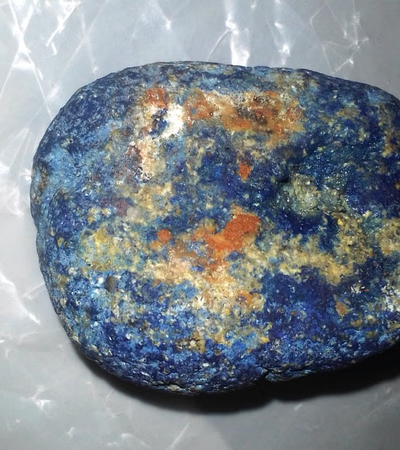 Libya
Stones
Libya
Stones
Raw lapis lazuli stone, other precious stones available, including rubies, platinum, and black diamonds.Details
-
 Abd Alhakim Bargan Bargan 1 months ago
Abd Alhakim Bargan Bargan 1 months ago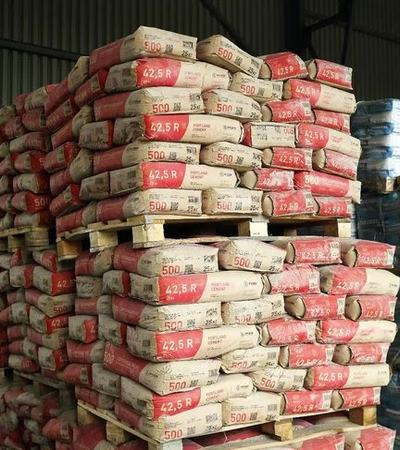 Libya
أسمنت
Libya
أسمنت
Greetings to youWhat is required is gray portland cement N42.5 according to American specificationsIt must be a nylon bag with a capacity of 50 kilogr...Details
-
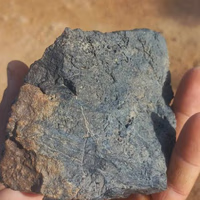 Ali Omar 1 months ago
Ali Omar 1 months ago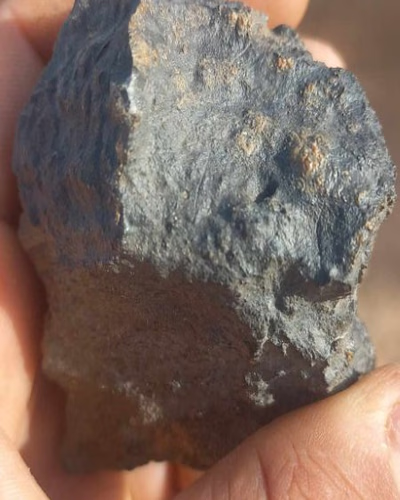 Libya
Meteorites for Sale
Libya
Meteorites for Sale
I have some meteorites in Libya that I want to sellDetails
-
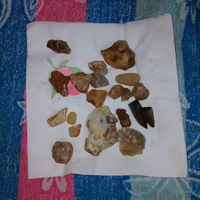 Faraj Abdalmouli 1 months ago
Faraj Abdalmouli 1 months ago Libya
Precious Stones
Libya
Precious Stones
I want to sell precious stones and meteorite stonesDetails
-
 Altweelahmad 6 months ago
Altweelahmad 6 months ago Libya
Meteorites
Libya
Meteorites
GemstonesDetails
-
 حيرم 1 months ago
حيرم 1 months ago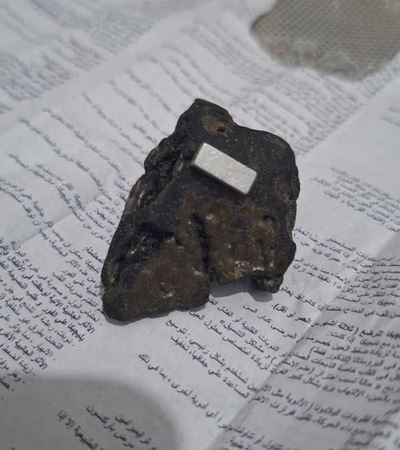 Libya
حجرنيزك
Libya
حجرنيزك
-
 Ismail Jibril 1 months ago
Ismail Jibril 1 months ago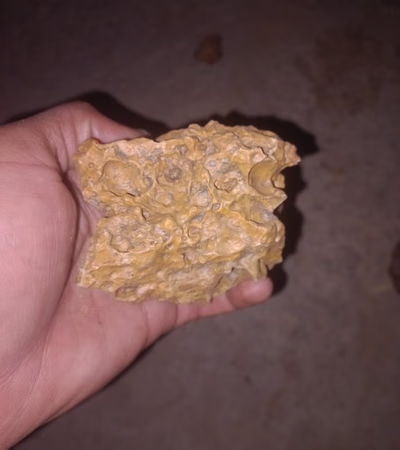 Libya
Minerals and Stones
Libya
Minerals and Stones
Minerals and StonesDetails
Libya's economic trajectory has shown resilience and potential, particularly for businesses targeting trade in West Asia. With a GDP of $45.1 billion in 2023, Libya is steadily recovering from economic challenges, marking a 27% growth since 2021. This growth rate outpaces global averages, highlighting Libya's potential as a key player in regional trade. Additionally, Libya’s total reserves, including gold, have risen to $92.4 billion in 2023, reflecting improved fiscal stability and trade capacity.
However, domestic credit to the private sector remains a challenge, standing at 11.9% of GDP in 2023 compared to the global average of 67.1%. This indicates limited access to financing for Libyan businesses, presenting an opportunity for foreign investors and trade partners to provide innovative financial solutions.
Trade data reveals a mixed picture. Libya's merchandise import value indices dropped to 73.2 in 2023, significantly below the global average of 101.1, suggesting reduced import activity. Import volume indices also declined to 76.2, compared to the global figure of 104.5. On the export side, Libya's merchandise export value indices fell sharply to 65.5 in 2023, down from 123.4 in 2022, signaling volatility in export performance. However, Libya’s export volume indices at 79.9 remain relatively stable, suggesting consistent demand for Libyan goods despite pricing and value fluctuations.
For entrepreneurs looking to engage with Libyan businessmen active in West Asia, these trends underscore the importance of leveraging digital platforms to navigate market complexities. Aritral.com, a cutting-edge Middle East trade platform, offers tailored solutions for businesses aiming to capitalize on Libya’s trade potential. By creating a professional business profile on Aritral, exporters and importers can showcase their products, access AI-powered market insights, and connect with verified trade partners. With tools like direct communication and global product sales assistance, Aritral ensures seamless entry into the Libyan market while overcoming language and logistical barriers.
In conclusion, Libya’s economic recovery and strategic location make it a promising hub for trade in West Asia. Entrepreneurs should focus on sectors with export potential and utilize platforms like Aritral.com to build robust supply chain solutions and expand their market presence.










